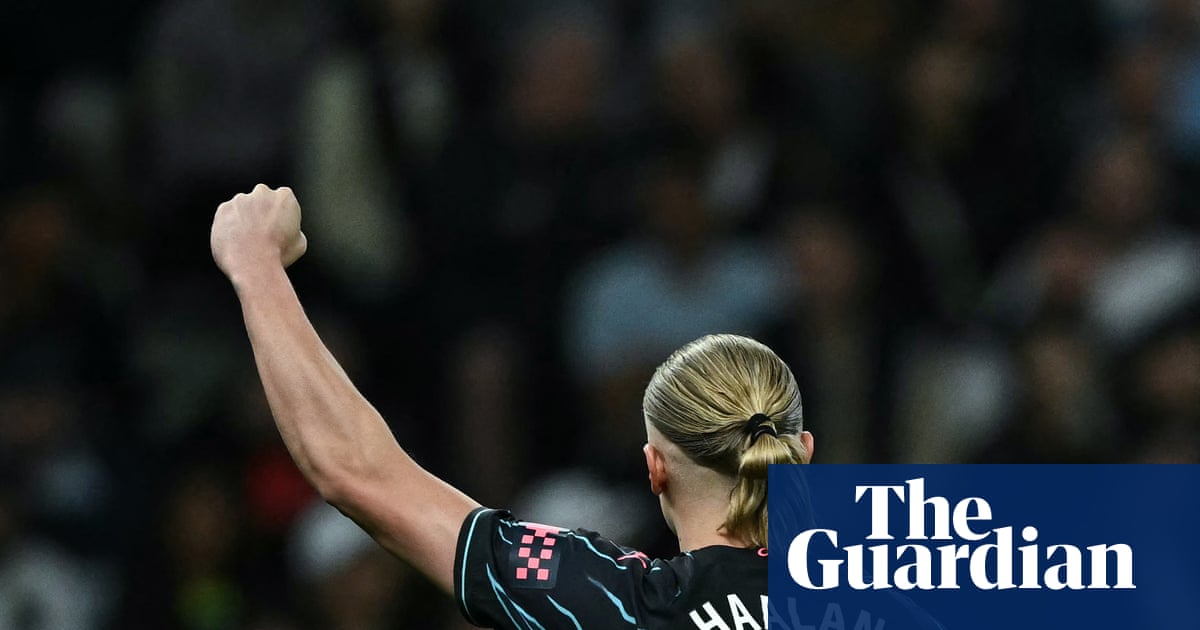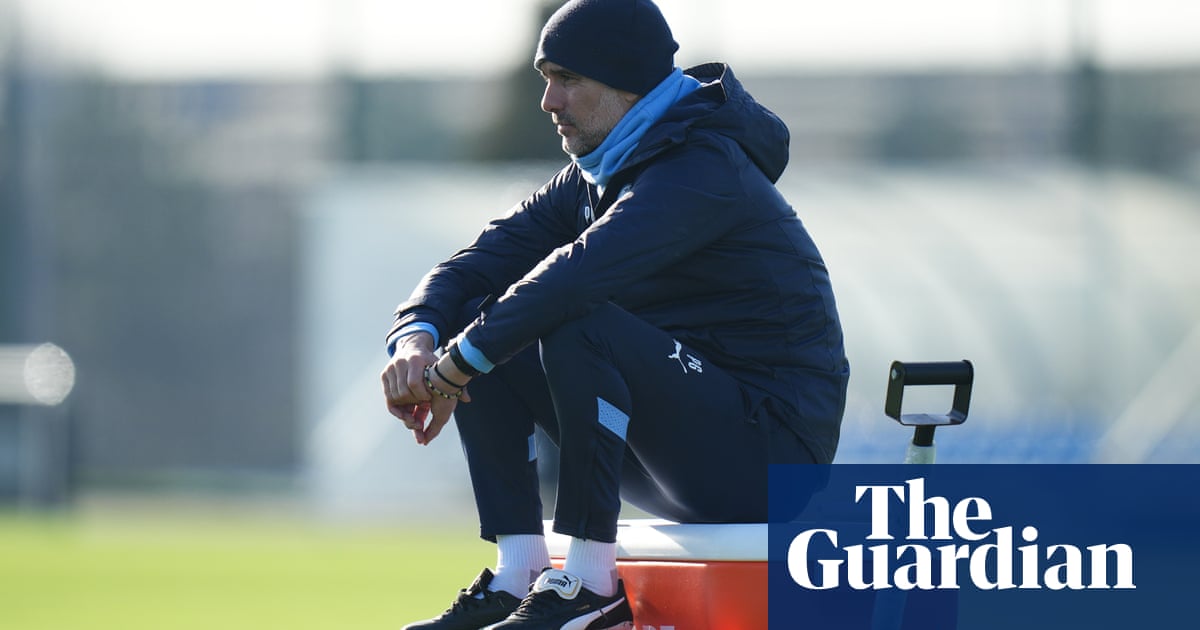
ll political careers are littered with regrets, and mine is no different. One of the biggest is that I never got to deliver a bombshell speech to the annual meeting of the Football League in the summer of 2009. That sense of regret has only intensified with the events of this week.
To explain, I have to go back to when I was appointed as culture secretary in early 2008. It caused immediate friction with the Premier League. We had history. We had clashed over the commercialisation of the game during my time on Labour’s football taskforce and as chair of Supporters Direct. And, as luck would have it, at the top of my in-tray was a proposal for a forerunner of the European Super League: “Game 39” – the Premier League’s outlandish plan to stage an extra round of league matches at neutral venues across the world.
It was milder than the ESL, yes – but a mad, money-grabbing proposal just the same that sought to drive a coach and horses through the traditions of English football.
Until that point, the Premier League had been used to going over the culture secretary’s head to Downing Street to get its way. But I had something many of my predecessors didn’t – close links with supporters’ groups. I spoke out against Game 39, and got immediate backing from those fans. Amid an outcry across the sporting world, the idea died. Then, as now, club owners’ biggest mistake was to underestimate their “legacy fans”.
Despite victory for football fans in that battle, I knew the same ideas would keep reappearing in different clothes later down the line. So I steeled myself for a much bigger showdown and set the Premier League, FA and Football League seven questions – designed to help the latter two wrest back power from the former.
To its credit, the FA had a go. But, in presenting robust reforms to the FA board, the then chairman, David Triesman, had his legs taken from under him by the Premier League – he was not the first nor the last to undergo that fate. When the FA’s official reply finally arrived, it said it had no view on my questions and referred me to the Premier League’s response.
But Triesman had been right to force the issue: he showed that football couldn’t regulate itself. I was now primed for my big 2009 speech. I would hold up the FA’s reply and proclaim it a white flag of surrender in the battle for control the sport. Only independent oversight could release it from the grip of the big clubs, I would say.
But that’s where it would stay – in my head. Just days before, I was moved in a cabinet reshuffle and the FA’s letter went into a Department for Culture, Media and Sport filing cabinet.
Since the Premier League breakaway 30 years ago, football’s elite have skilfully seen off government taskforces, reviews, inquiries and troublesome ministers. They have played it like a cup game, with the government as mere lower-league opposition. One or two opposing players will put in the effort, but they bank on the fact that the rest – the prime minister and civil servants – aren’t going to make a game of it.
This is how politics and football have rubbed along for three decades. In opposition, all parties use football to pose as being on the side of the ordinary person. In office, they have all preferred to bask in the glow of the Premier League rather than take it on.
But could that now be about to change?
The proposed breakaway European Super League may have ended, for now, in an embarrassing defeat for ultra-rich clubs, but it has revealed how close English football is to the brink. Our nation has no real control over our national game. Our great clubs could be taken from us in a heartbeat. This is our last chance to act.
I felt a weary sense of deja vu when I heard about the government’s “fan-led review” in response to this week’s events. But I am prepared to give it the benefit of the doubt because I have a lot of time for Tracey Crouch, the former sports minister who will run the review. If I was her, I would go no further unless she gets a clear commitment from the prime minister that he will back her recommendations with urgent legislation in the forthcoming Queen’s speech.
And the review needn’t take long. Because we’ve had so many of them before, there is already a strong consensus among the wider football family about the reforms needed to reclaim our game, as Steve Rotheram, the Liverpool city region mayor, and I set out on Wednesday.
First, we need to legislate to give supporters more than media power.
The football reform bill should be based on the German 50+1 principle. To provide immediate protection, it should require clubs to demonstrate approval by a 51% majority of registered season ticket holders before enacting any major change. More broadly, it should move all clubs towards the German model, where they have to be 51% owned by fans, by giving democratically controlled supporters’ trusts first refusal on the sale of any club shares.
The bill should also introduce a powerful, statutory regulator for football along the lines of the proposal put forward by the former FA chairman David Bernstein and his Our Beautiful Game group (I am a member of its steering group). It should be given wide-ranging powers of approval over proposed takeovers, and owners and directors under the fit-and-proper-person test. It should be required to introduce a rigorous system of club licensing – to prevent the demise of more clubs such as Bury or Macclesfield – and oversee a proper system of financial redistribution to secure the health of football at every level.
As this week has shown, there is near-unanimous public support for action to save English football. Is this government preparing its team to win this time? Experience tells me no – but I desperately hope that I am proved wrong.
Andy Burnham is the mayor of Greater Manchester. He was secretary of state for culture, media and sport between 2008 and 2009












